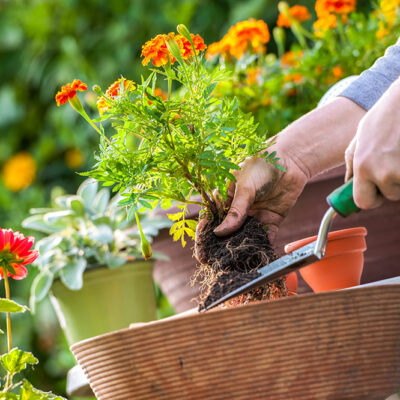
10 surprising things that a home warranty doesn’t cover
If you purchased or are planning to purchase a home, you may have wondered what a home warranty covers. A home warranty can save you money when any systems and appliances break down, preserving your home and budget. However, it doesn’t cover every element of your home. Some aspects that a home warranty doesn’t cover, like leaky roofs and cosmetic damage, are listed below. Scroll down to uncover the limitations of a home warranty plan. Walls, doors, and windows A home warranty usually doesn’t cover walls, windows, and doors as they are considered structural elements. However, based on the age of your home, these items will be covered by a homeowners insurance policy or builder’s warranty. Cosmetic damage If the damage, like scratches or dents, is caused by natural wear and tear over time, it is the homeowners’ responsibility, not that of the warranty provider. Pest damage Home warranties are not designed to cover and repair/ replace the damages caused by pest infestations like rodents or termites. Leaking roofs A home warranty doesn’t cover leaking roofs since this is a structural problem. Hot tubs and swimming pools Pools and hot tubs are some things not covered under a home warranty, but certain companies might extend their coverage at an additional price.
Read Article 









